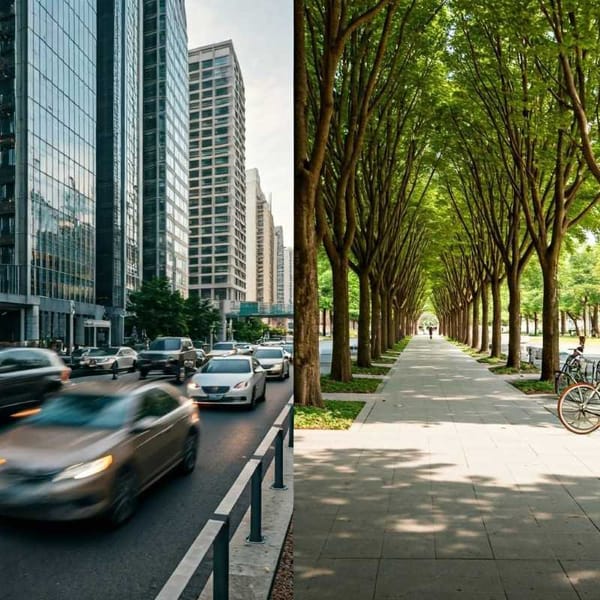Why Our War on Human Trafficking Needs a Reboot
Despite legal progress, human trafficking persists due to social inequalities. Experts urge a shift from legal focus to addressing societal vulnerabilities that make women, migrants, and minorities easy targets.

Human trafficking, a contemporary evil that preys on the most vulnerable, continues to cast a long shadow despite legal advancements. Professor Alethia Fernández de la Reguera Ahedo of the UNAM Legal Research Institute lays bare the troubling truth: progress is sluggish, a frustrating stalemate despite a flurry of programs and political pronouncements.
The crux of the issue, argues Fernández de la Reguera, lies in a myopic approach. We've become fixated on legal frameworks, neglecting the fertile soil of social inequities where this monstrous crime thrives. Human trafficking flourishes in the murk of "structural violence," a pervasive web of societal ills that remain stubbornly obscured. Until we illuminate these underlying factors, our efforts to prevent and prosecute will be akin to swatting at flies while ignoring the honey pot.




